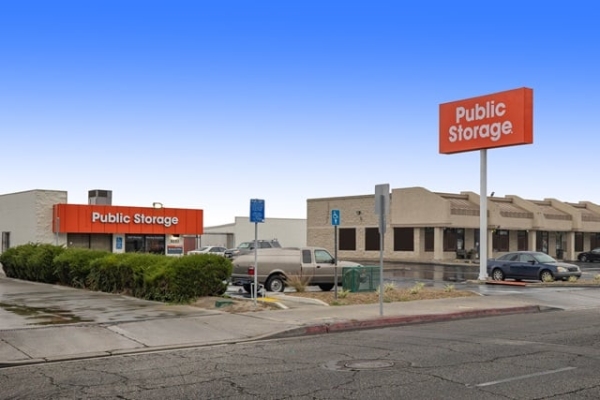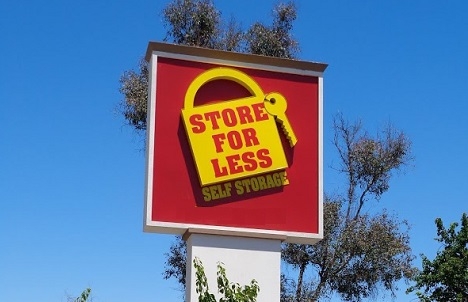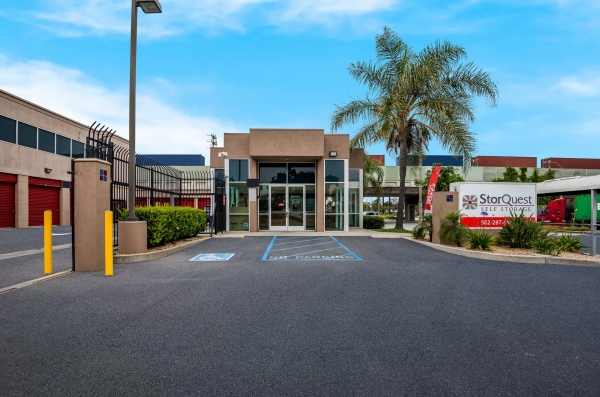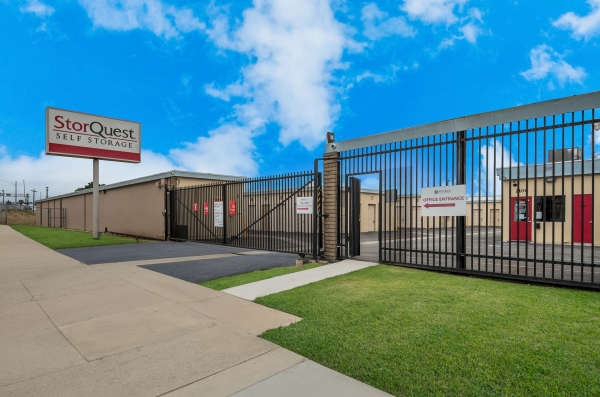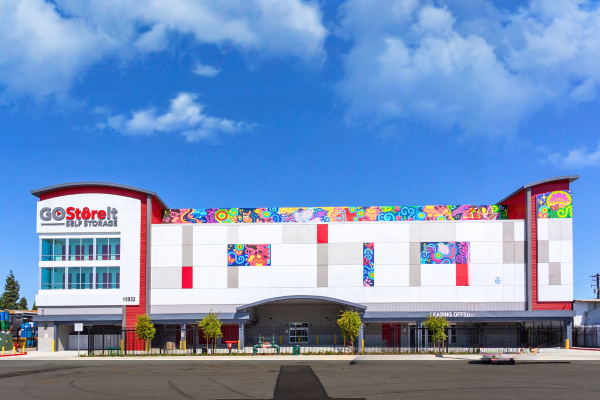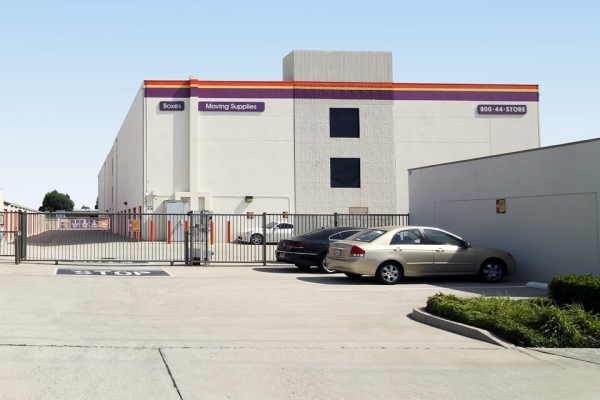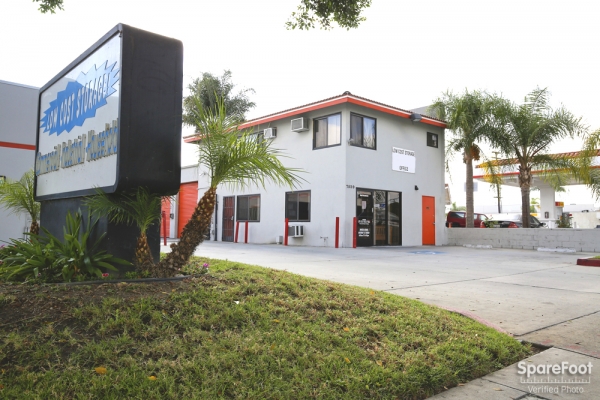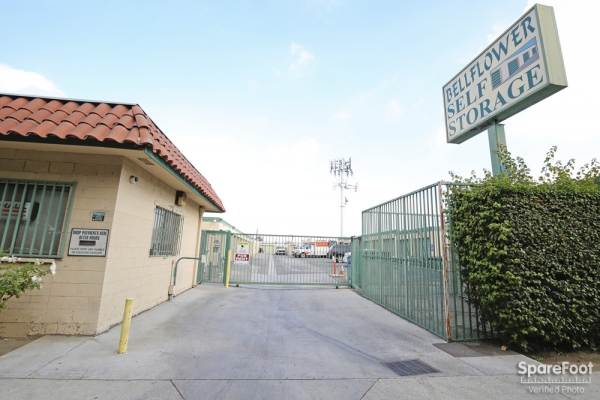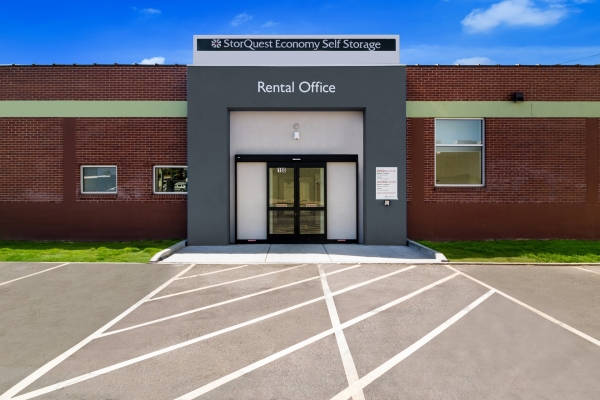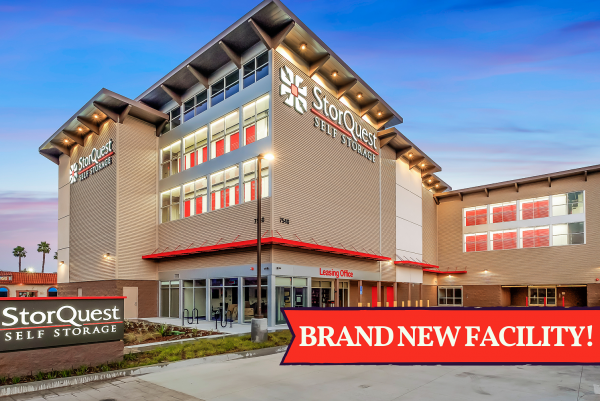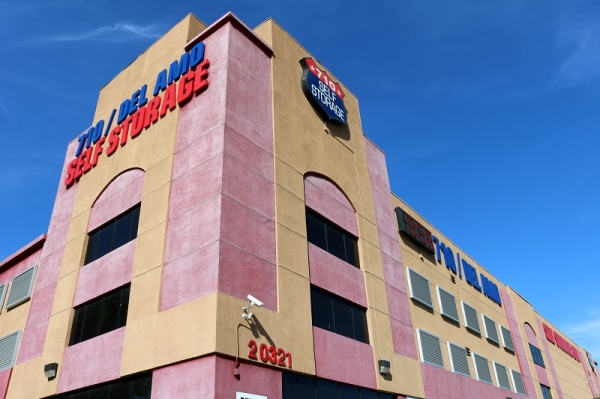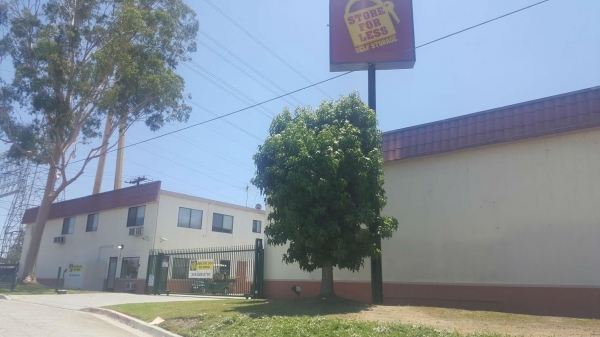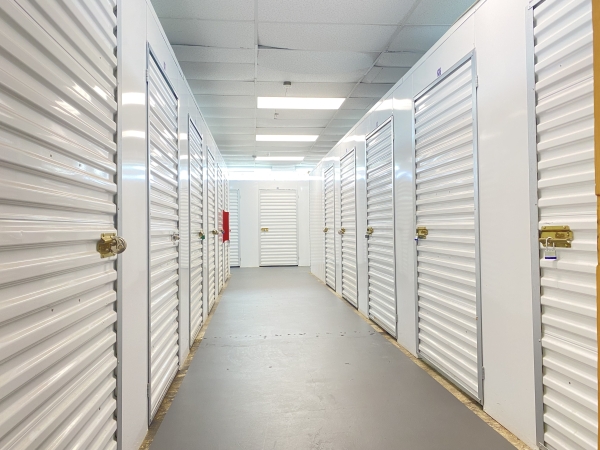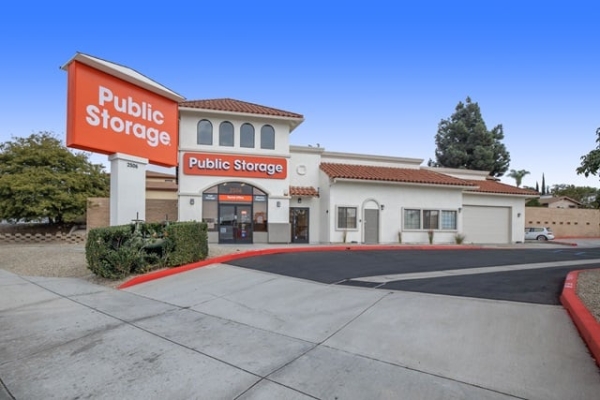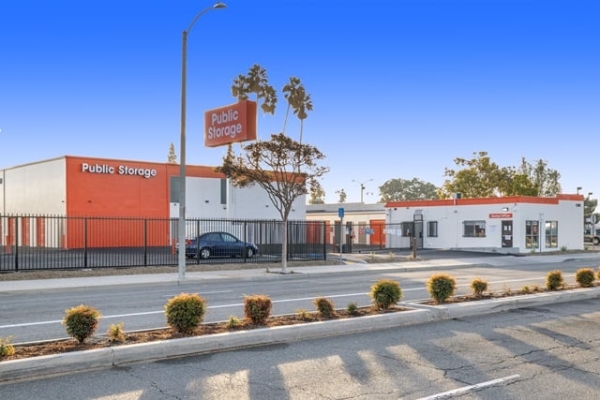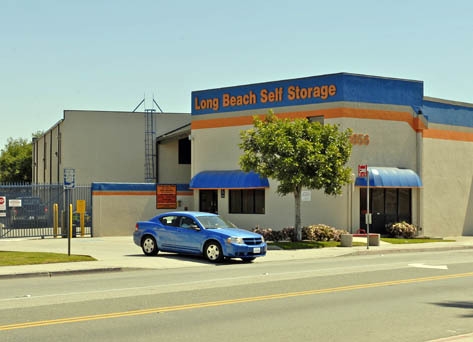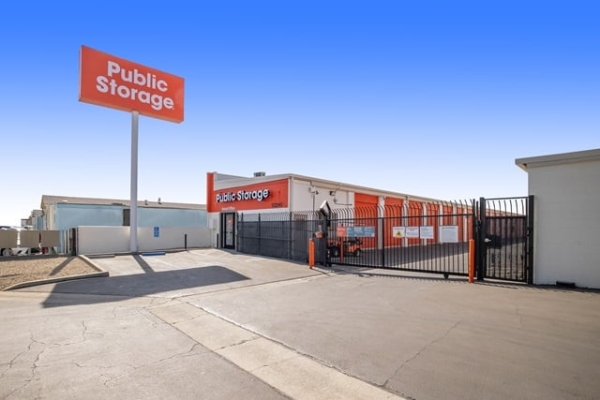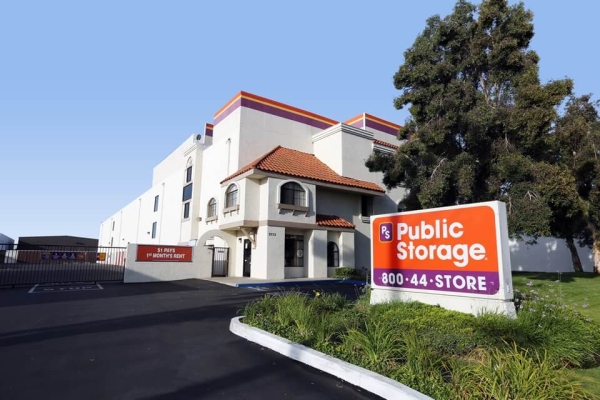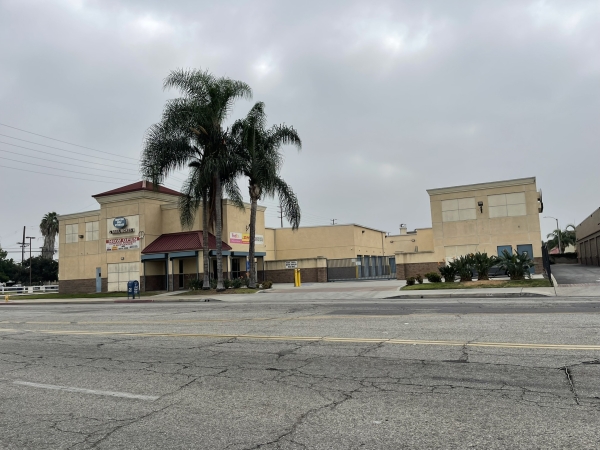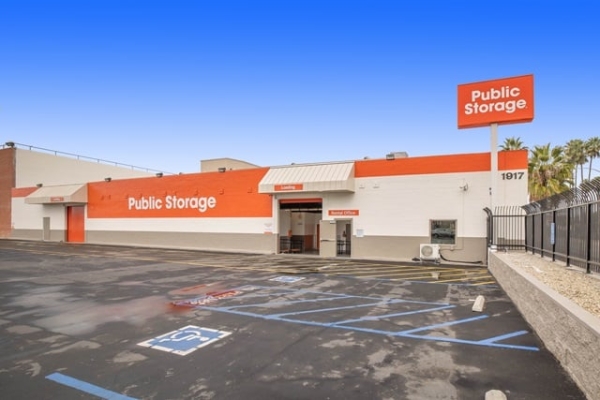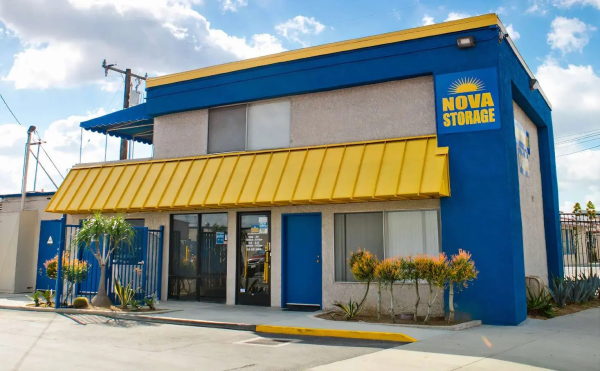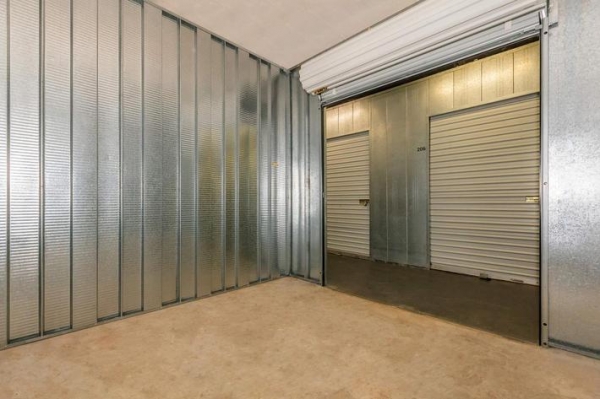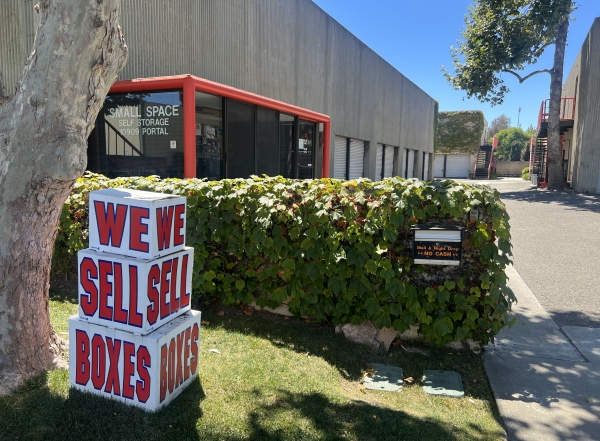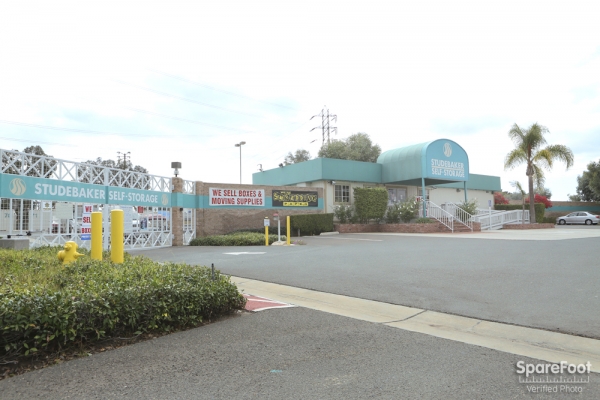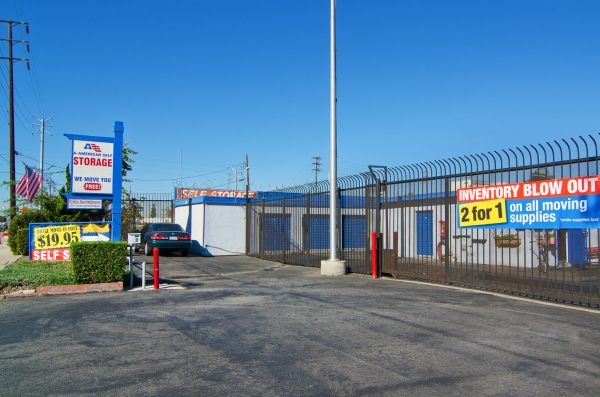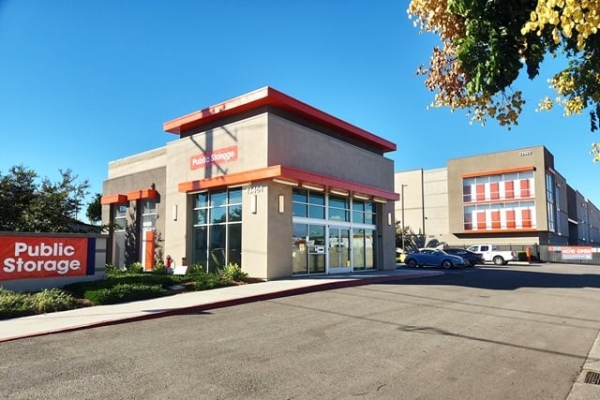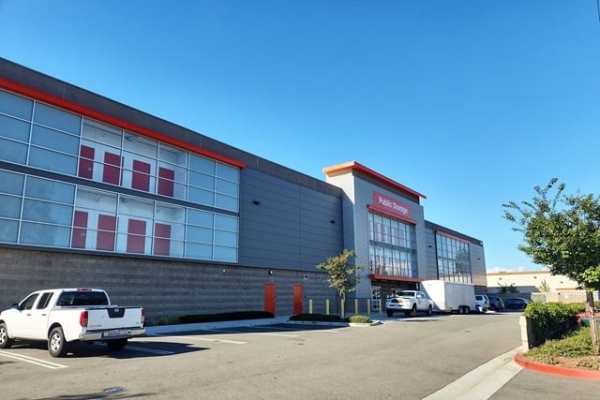Lakewood’s Mediterranean climate brings mild, wet winters and warm, dry summers—but it’s the area’s proximity to the coast that creates unique storage challenges. With average humidity levels around 65% and occasional Santa Ana winds, you’ll want to choose features that protect against both moisture and dust infiltration.
Average Storage Unit Prices in Lakewood, CA
Here’s what you can expect to pay for Lakewood storage units:
| 5’x5′ | $58 |
| 10’x10′ | $148 |
| 10’x15′ | $199 |
| 10’x20′ | $261 |
What to Look for in a Lakewood Storage Unit
- Coastal Humidity Control: Even though Lakewood sits inland, coastal moisture can affect stored items. Climate-controlled units prevent mold growth on fabrics and protect electronics from humidity damage.
- Wind and Dust Protection: Santa Ana winds can drive dust into poorly sealed units. Look for indoor facilities or units with tight-fitting doors to keep fine particles away from stored belongings.
- Security in Dense Areas: With a property crime rate of 18.2 per 1,000 residents, choose facilities with gated access, surveillance cameras, and well-lit parking areas, especially near busy commercial corridors.
- Traffic-Friendly Access: Lakewood’s location between major freeways means rush-hour congestion. Pick storage near the 605 or 91 freeways for easier access during off-peak hours.
Frequently Asked Questions
Are there storage facilities near Lakewood Center Mall?
Yes. Several facilities are located within a few miles of the mall area, offering convenient access for shoppers and local residents.
Can I store a car or motorcycle in Lakewood?
Many facilities offer vehicle storage options, including covered and uncovered spaces. Check for proper ventilation and security features if storing long-term.
Is it safe to access storage units at night?
Choose facilities with motion-sensor lighting, security cameras, and keypad entry if you need after-hours access. Avoid isolated locations after dark.
Are there student storage options near Long Beach State?
Yes. Facilities in the area often cater to college students with flexible lease terms and smaller unit sizes perfect for dorm room storage during breaks.
